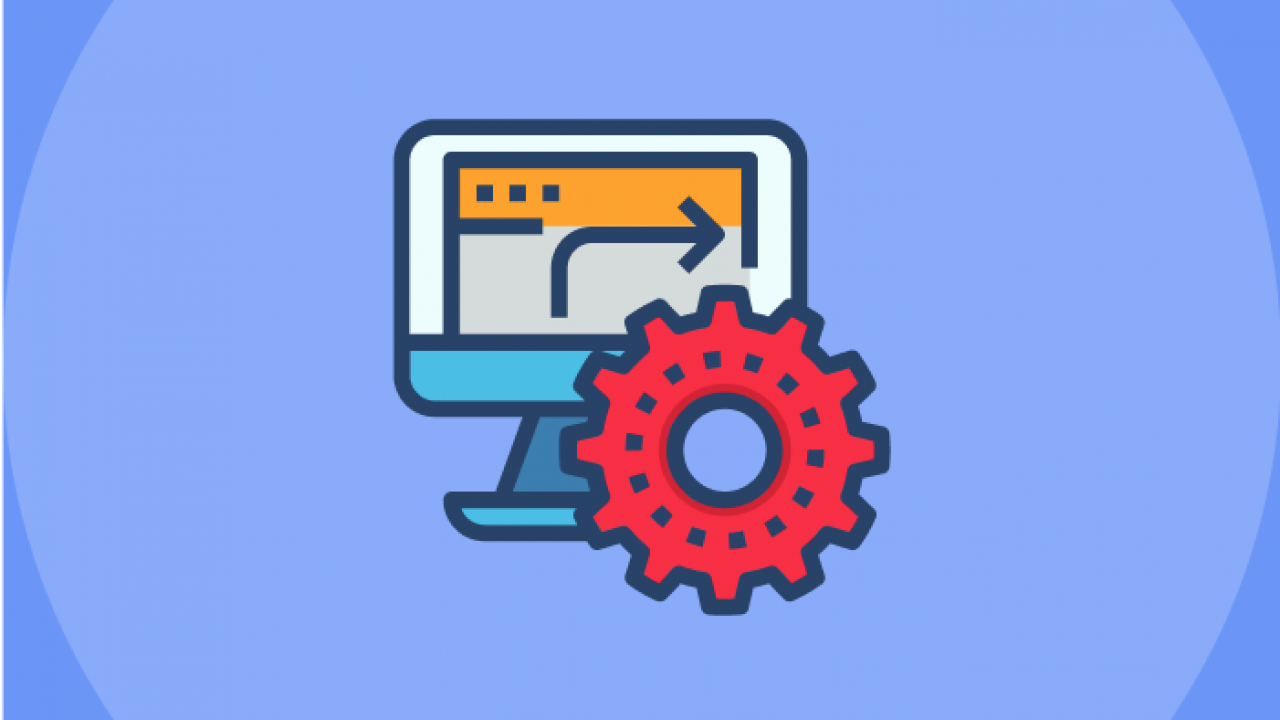
Automation and personalization
Automation and personalization are two key elements of modern marketing strategies aimed at enhancing efficiency, relevance, and engagement with target audiences. Here's a closer look at each concept:
Automation
Definition: Automation involves using technology and software to streamline and automate repetitive tasks, processes, and workflows without human intervention.
Benefits
Efficiency: Automation saves time and resources by eliminating manual tasks and streamlining processes.
Consistency: Automated processes ensure consistency and accuracy in execution, reducing the likelihood of errors.
Scalability: Automation enables businesses to scale operations without proportional increases in labor or resources.
Frees up Time: By automating routine tasks, employees can focus on more strategic and high-value activities.
Examples of Automation in Marketing
Email Marketing Automation: Automated email workflows for welcome emails, abandoned cart reminders, and lead nurturing.
Social Media Management: Scheduling posts, monitoring mentions, and automating responses to inquiries.
Customer Relationship Management (CRM): Automated lead scoring, follow-up emails, and sales pipeline management.
Website Personalization: Dynamic content generation based on user behavior and preferences.
Personalization:
Definition: Personalization involves tailoring marketing messages, content, and experiences to individual preferences, interests, and behaviors.
Benefits
Relevance: Personalized content resonates more with audiences, leading to higher engagement and conversion rates.
Customer Satisfaction: Personalization demonstrates that a brand understands and values its customers, enhancing satisfaction and loyalty.
Increased ROI: Personalized marketing efforts are more effective at driving conversions and generating revenue.
Data-Driven Insights: Personalization relies on data analysis to understand customer preferences and behaviors, providing valuable insights for future campaigns.
Examples of Personalization in Marketing
Email Personalization: Customizing email content, subject lines, and offers based on recipient demographics, past purchases, or browsing history.
Website Personalization: Displaying tailored product recommendations, content suggestions, or promotions based on user behavior.
Ad Personalization: Targeting ads to specific audience segments based on demographics, interests, or online behavior.
Product Recommendations: Using algorithms to suggest relevant products or services to customers based on their purchase history or preferences.